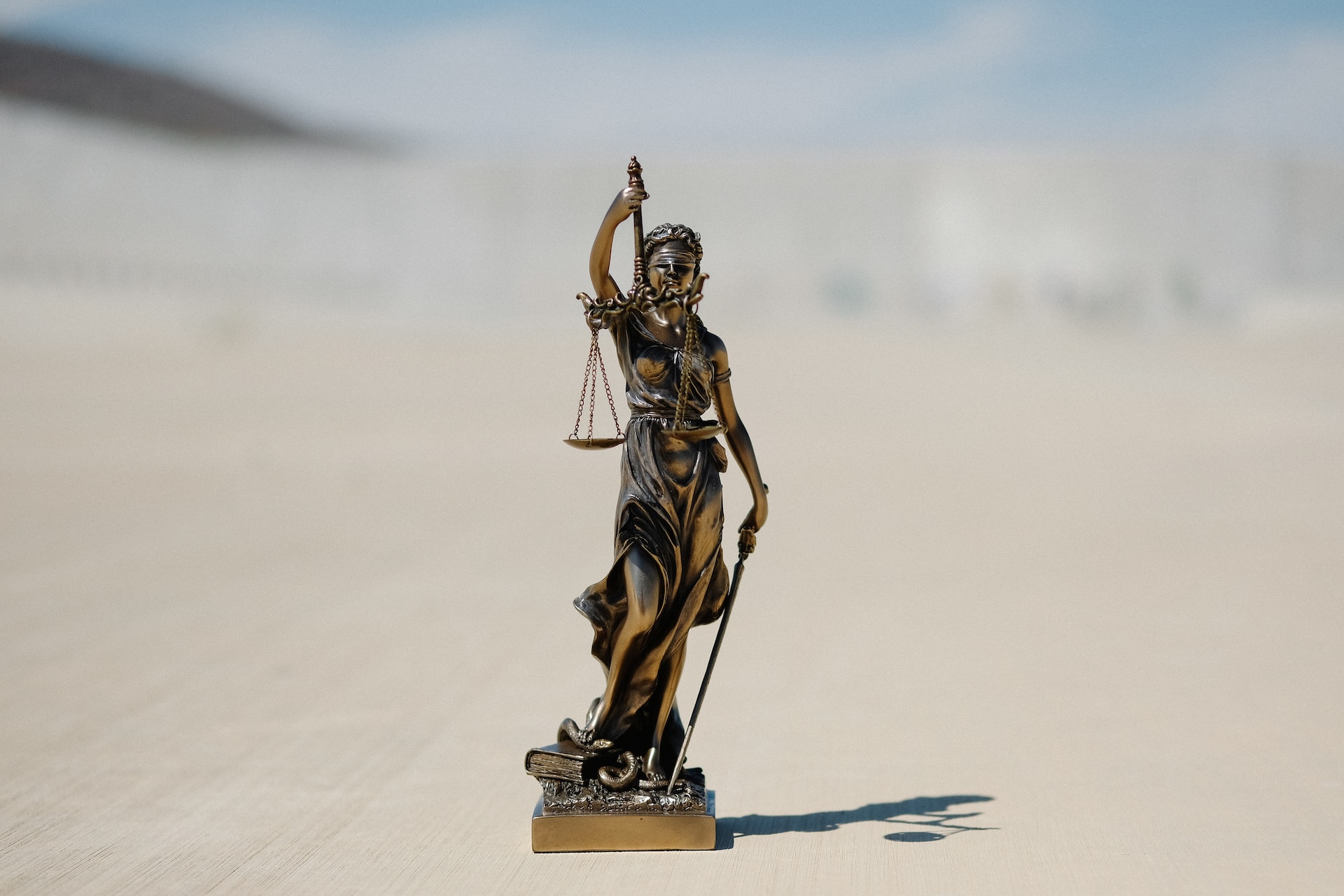
The Role of Criminal Defense Lawyers in Protecting Your Rights
Faced with serious charges, people without legal representation are far less likely to achieve positive outcomes in court. Criminal defense lawyers act as guardians of an accused individual’s constitutional rights and uphold a substantial standard of justice.
They build rapport with jury members to communicate with them in a professional but personable manner while presenting evidence that challenges preconceived notions and sways opinions. They are also responsible for negotiating pretrial release and minimizing the potential of incarceration or other consequences.
Protection of Your Rights
A criminal defense attorney will work diligently on behalf of a defendant throughout the legal process. They can help prevent their client from a severe sentence by working out an agreeable plea deal with the prosecution. Whether you are facing a misdemeanor or felony charge, your constitutional rights are at stake.
Skilled Philadelphia criminal defense lawyers will ensure the police follow proper procedures when collecting evidence and uphold procedural safeguards to protect you from wrongful convictions. They also understand your right to remain silent and will help you avoid saying something that could be used against you in court.
Navigating the complex legal system without an experienced attorney can be time-consuming and risky. A criminal defense lawyer is your guide, protector, and confidant. They can even save you money in the long run by preventing your case from going to trial. They can help you avoid the negative consequences of a criminal conviction, including difficulty finding employment and housing.
Analysis of Evidence
Whether gathering evidence, cross-examining witnesses, or analyzing legal precedents, criminal defense lawyers have the in-depth knowledge necessary to support your case in court. This expertise ensures strict compliance with state law and increases the likelihood of a favorable outcome.
During jury selection, a Philadelphia drug possession lawyer must establish rapport with prospective jurors and effectively convey critical aspects of their client’s case in a relatable manner. They also analyze public records and social media information to gain insights into potential juror perspectives and beliefs.
They are often the first to identify loopholes and flaws in the criminal justice system that may affect their clients’ cases. By crafting compelling narratives that contest prosecution evidence, they provide their clients with the best chance of avoiding conviction or receiving reduced charges and penalties.
In the process, they restore faith in an imperfect system prone to errors. This dedication helps prevent innocent people from being unjustly imprisoned and ensures that guilt is established beyond a reasonable doubt.
Negotiation
Criminal defense attorneys use their extensive knowledge of state law and experience handling criminal cases to ensure your case is handled according to prescribed legal procedures. This increases the likelihood of a favorable outcome in court.
They also help you understand your rights and build a strong case by thoroughly investigating details, examining evidence, and leveraging legal loopholes. They also negotiate with prosecutors on your behalf, ensuring that the terms of any plea bargain benefit you.
Developing a solid rapport with clients is another important aspect of criminal defense lawyers’ work. This enables them to understand their client’s goals and expectations, which allows them to provide sound legal advice aligned with those objectives. It also helps to manage client expectations as they progress through the lengthy legal process.
Arraignments, bail hearings, and other pretrial proceedings can be stressful, and having an attorney who understands your concerns is essential to maintaining your mental and emotional health throughout these events.
Representation in Court
Whether in front of a judge or a jury, criminal defense attorneys act as the defendant’s advocate. They craft persuasive narratives, shape the jury’s perception of the case, and create a cohesive defense strategy.
They also help their clients prepare for trial and mitigate the impact of an alleged crime on their lives post-trial. They’ll also negotiate with prosecutors to reduce or drop charges and explore options for a favorable resolution.
Their understanding of legal precedents, potential weaknesses in the prosecution’s evidence, and other factors can be invaluable during these discussions. They’ll also be present at all early court proceedings and will communicate with you about what to expect. This includes conducting interviews with witnesses and ensuring their testimony aligns with your defense strategy.


